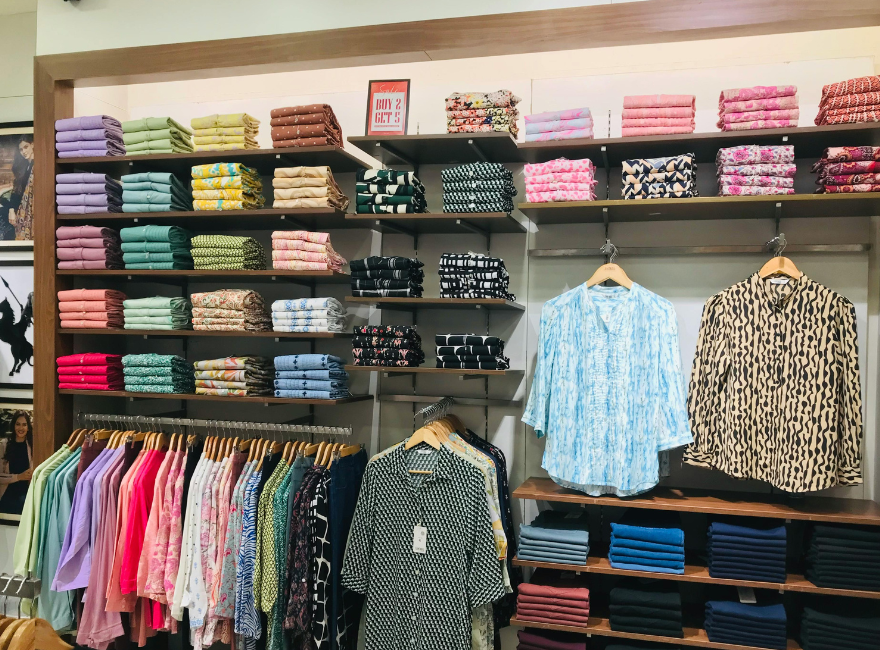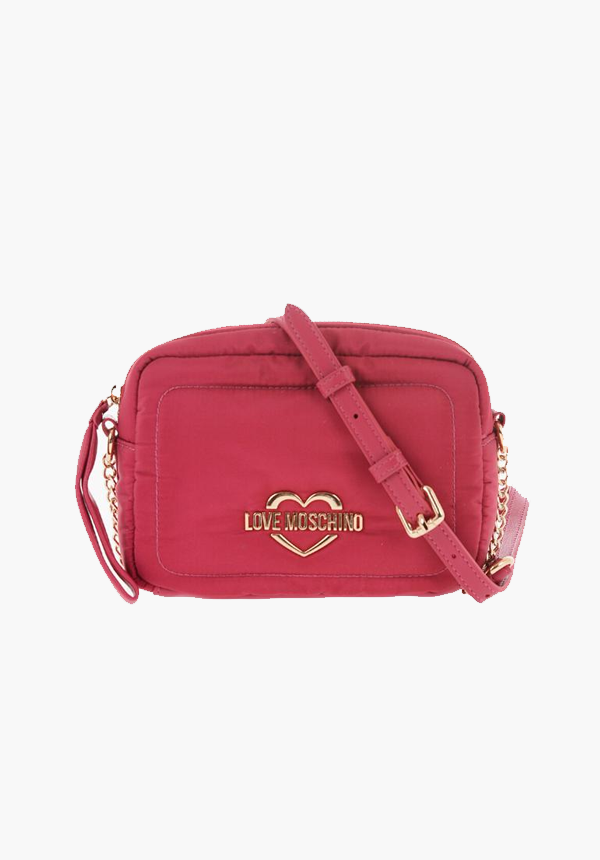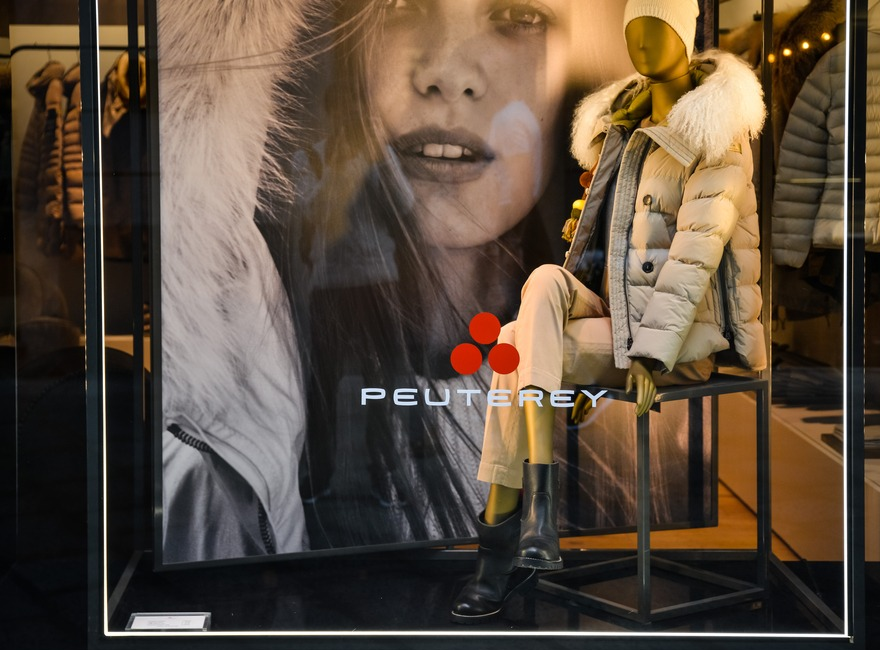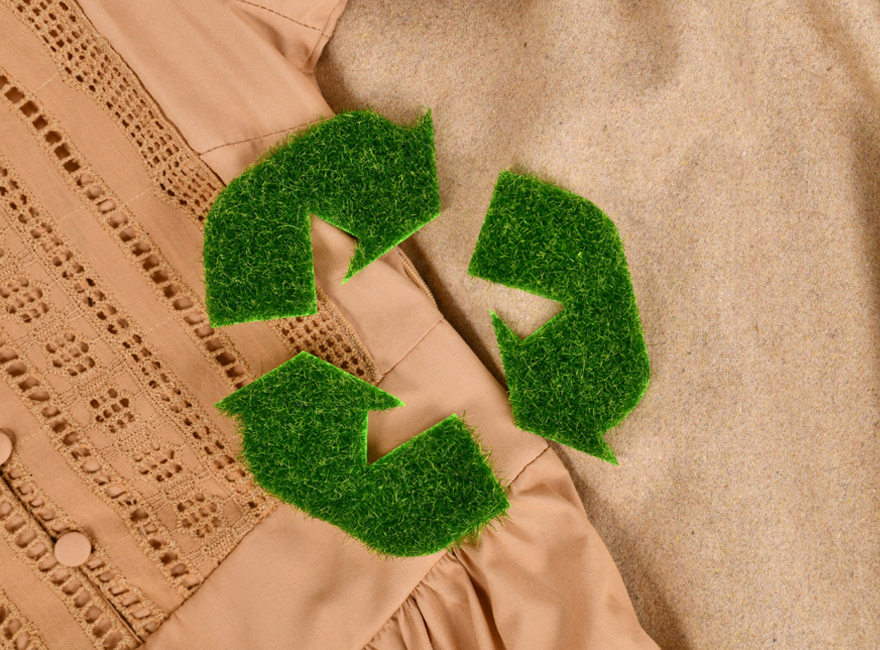
Why EU laws mean destruction is no longer an option, and how to turn excess stock into profit with Bundlex.
Every fashion brand has it: rails of last season’s pieces, boxes of accessories in storage, returns that can’t go back on the shop floor. In the past, unsold merchandise was handled quietly: sent to outlet chains, liquidated in bulk, or destroyed to protect brand value.<p>
That era is ending. Across the EU, legislation is moving quickly to ban the destruction of unsellable products and make producers financially responsible for their excess merchandise. For brands, this is no longer just a matter of warehouse space; it’s a compliance and reputational issue.
In this article, we’ll explore the new EU rules reshaping how fashion brands handle excess fashion, explain why the old model of commercial product destruction is disappearing, and show how Bundlex offers a controlled, sustainable, and profitable route for moving unsellable products into the right markets.
What Are the New Laws Fashion Brands Must Follow?
The European Union is accelerating legislation to curb waste and keep products in circulation. The most significant changes for handling excess merchandise are:
- France’s AGEC Law – Already in effect, banning destruction of unsellable products and requiring brands to donate, recycle, or reuse their excess product.
- Extended Producer Responsibility (EPR) – Rolling out across EU member states, making brands legally and financially accountable for the environmental impact of their goods, including unsold merchandise.
- Forthcoming EU-wide anti-destruction rules – Expected by 2026, with strict reporting on how excess fashion and unsellable products are managed.
- Penalties and compliance costs – Non-compliance can result in fines, loss of licences, and mandatory public disclosure of waste volumes.
Key takeaway: destroying unsold merchandise is becoming both illegal and reputationally damaging. Brands must have compliant, revenue-positive channels in place now.
Why Do Companies Throw Away Good Products?
The destruction of unsellable products has long been a standard practice because:
- It protected price integrity in core markets.
- It avoided the costs of storing excess product long-term.
- It simplified operations when dealing with returns, damaged goods, or off-trend items.
But the landscape has changed. Consumers and regulators increasingly see commercial product destruction as wasteful and unethical, especially when excess merchandise could be repurposed, donated, or resold in a controlled way.
The Hidden Cost of Excess Merchandise
Holding onto excess fashion comes at a cost far beyond warehouse fees:
- Tied-up capital that could be invested in future collections.
- Storage costs that chip away at profit margins.
- Regulatory risk under EPR and anti-waste laws.
- Brand dilution if stock leaks into grey markets.
- Negative ESG reporting from high levels of waste.
Under new EU legislation, unsold merchandise is no longer just an operational inconvenience, it’s a compliance and brand equity risk.
What Do Stores Do With Unsold Merchandise?
Traditionally, retailers have dealt with excess merchandise by:
- Liquidating into off-price retail networks.
- Donating to charities (limited by product condition and logistics).
- Destroying stock through landfill or incineration (commercial product destruction).
Today, modern alternatives include:
- Controlled B2B wholesale into non-competing markets.
- Upcycling or remanufacturing unsellable products into new designs.
- Authorised resale partnerships to move excess product without undercutting full-price sales.
These options protect brand reputation and comply with legislation, but require careful control over where, how, and to whom the product is sold.
How to Turn Excess Product Into Revenue (Instead of Risk)
For brands facing tighter regulation, the smartest strategies to monetise excess fashion are:
- Partner with controlled wholesale fashionnetworks to protect market positioning.
- Move unsold merchandise quickly to avoid mounting storage and compliance costs.
- Build secondary market channels into seasonal planning.
- Maintain full transparency for EPR and ESG reporting.
Bundlex Your Sustainable, Compliant Solution for Unsold Merchandise
Legislation is moving fast, and unsellable stock is no longer a quiet problem you can store or destroy. Bundlex exists to give fashion brands a simple, controlled, and profitable way to clear excess clothing and accessories, without risking brand value or breaking the law.
Here’s how we solve it:
- Controlled distribution – We only sell to vetted retailers in approved markets, ensuring your product never ends up in the wrong hands or damages your brand.
- Premium network – Access to 70+ leading European brands and over 15,000 certified original products, backed by the buying expertise of our team.
- Fast logistics – Clear stock quickly with orders shipped in 48–72 hours from our strategically located warehouses in Italy.
- Low minimum orders – Move excess product in small, manageable batches from €250, so you’re not forced into bulk clearance that erodes value.
- Sustainability alignment – We keep products in circulation, helping you meet EPR obligations, avoid commercial product destruction, and strengthen your sustainability reporting.
Conclusion
The old model of destroying unsold merchandise is disappearing under pressure from legislation, consumer expectations, and sustainability goals. The future belongs to brands that handle excess fashion transparently, profitably, and sustainably.
Bundlex makes this possible offering the platform, network, and expertise to transform unsellable products into revenue while keeping your brand compliant and protected.
With EU laws moving fast, the smartest time to make the change is now, before you’re forced to. Book a demo today and see what we can do for you.



